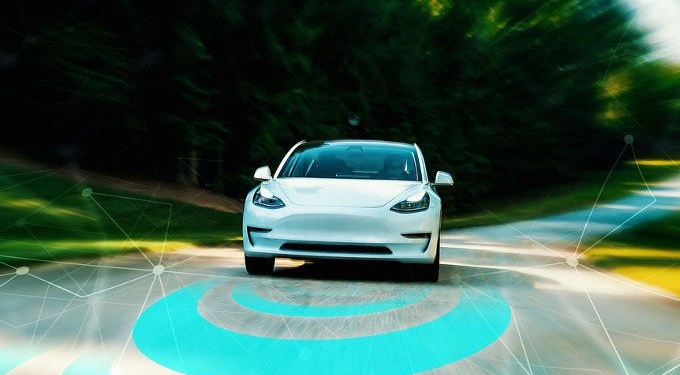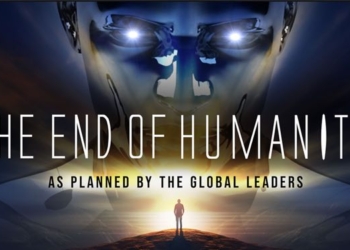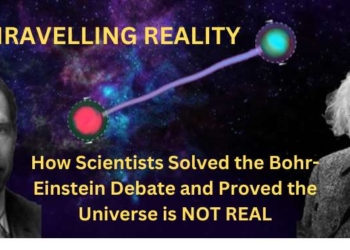
By Jake Anderson | Creative Commons | TheMindUnleashed.com
(TMU) – Would you entrust your life to a car’s algorithmic intelligence? Would you curl up in the backseat and take a nap while your vehicle navigates hectic freeway traffic or busy intersections? Would you let your car be the designated driver while you have a night out on the town?
According to Tesla CEO Elon Musk, we are essentially within a year of such technology existing, though he adds the caveat that it will likely take longer before the system is fully deployed and adopted.
Earlier this month, Musk announced the advance at the World Artificial Intelligence Conference in Shanghai. He has since elaborated during several podcast interviews.
To Cathie Wood and Tasha Keeney of ARK Invest in a podcast, he stated:
“I think we will be feature complete — full self-driving — this year. Meaning the car will be able to find you in a parking lot, pick you up and take you all the way to your destination without intervention, this year.”
Musk added that you can expect to be able to take a nap behind the wheel if you want.
“My guess as to when we would think it is safe for somebody to essentially fall asleep and wake up at their destination? Probably towards the end of next year.”
Such technology would be a first-of-its-kind level 5 autonomous vehicle in which the car capable of handling all driver functions without human assistance or supervision.
Musk acknowledges that it is a difficult task. Currently, Tesla offers an Enhanced Autopilot feature that “guides a car from a highway’s on-ramp to off-ramp, including suggesting and making lane changes, navigating highway interchanges, and taking exits.”
“On a development level, [there is] no problem recognizing stop signs and traffic lights,” Musk has said. “But you do get ambiguity in some complex intersections with traffic lights. Like, which one’s the right light to focus on? Even if you’re a person, it’s not always clear. So that’s what we’re working on there.”
Technology experts and economists, citing multiple studies, suggest self-driving cars, or automated vehicles (AVs), will have massive beneficial effects on cities and human society.
AVs will free up an additional 50 minutes a day for human users, accumulating to an extra billion hours of productivity around the world. Perhaps even more importantly, AVs will dramatically reduce car accident fatalities (by up to 90% of the annual 1.2 million worldwide deaths), which will also save $190 billion in the U.S. alone.
AVs will also transform cities, leading to an 80% reduction in the overall number of vehicles, which will drastically reduce traffic congestion, free up new land, and lead to an overall reduction of pollution.
Tesla is currently in an AV race with other companies developing self-driving cars, including Waymo, Uber, Lyft, and traditional automakers. In 2018, Alphabet’s Waymo launched its Robo-taxi service, though it was not fully autonomous.
AVs are expected to simultaneously usher in a new gold rush of consumer robotics and machine learning, including remote advanced sensing, hyper-precise positioning/GPS, image recognition, and advanced artificial intelligence (AI) development.















![Everything You Ever Wanted to Know About 9/11 Conspiracy Theory in Under 5 Minutes [VIDEO] | by James Corbett](https://consciouslifenews.com/wp-content/uploads/2018/09/911-a-conspiracy-theory-120x86.jpg)
